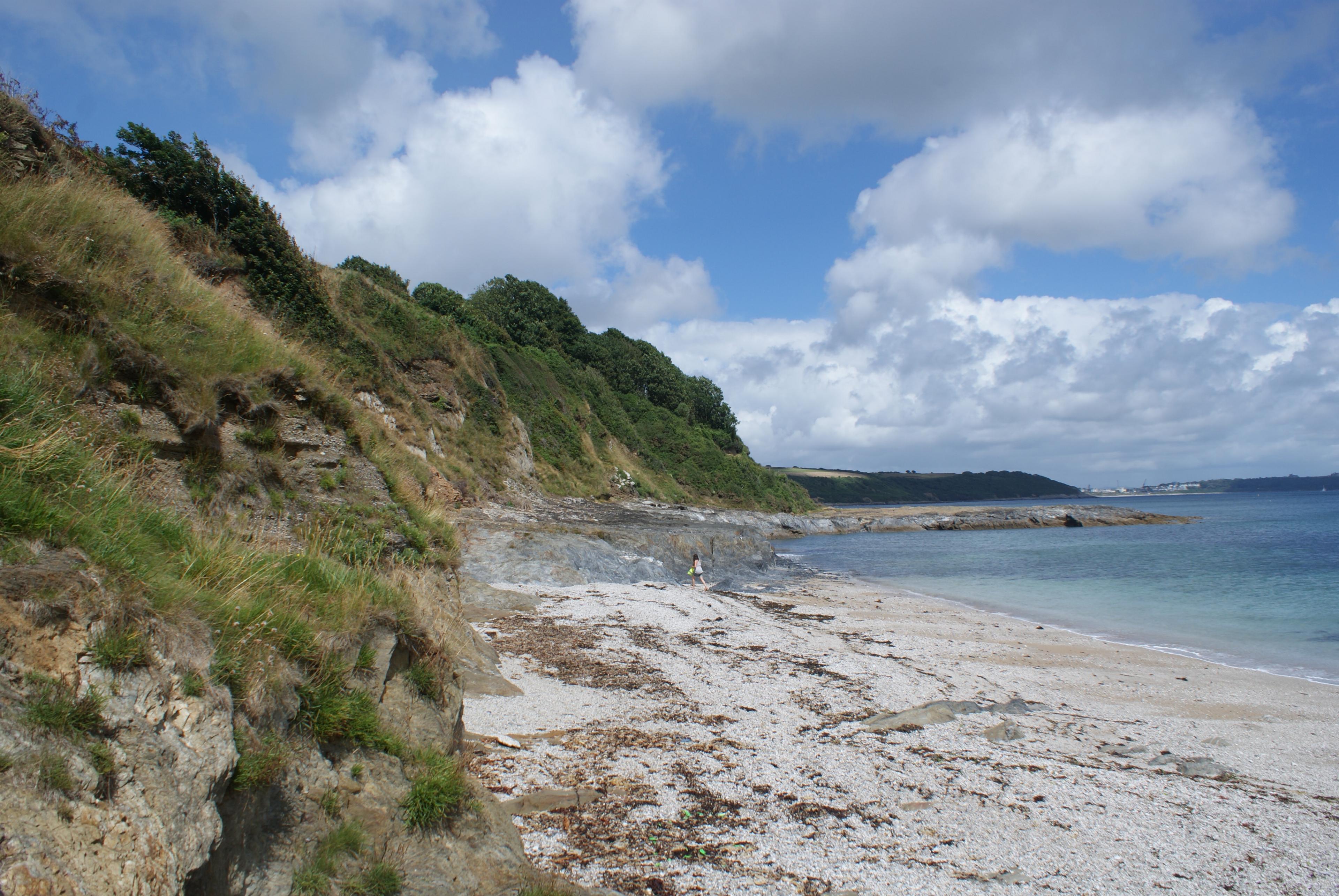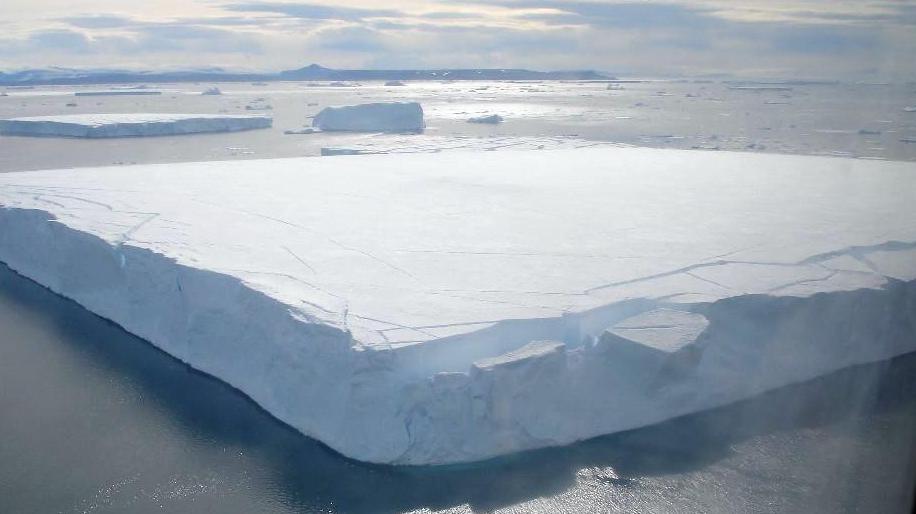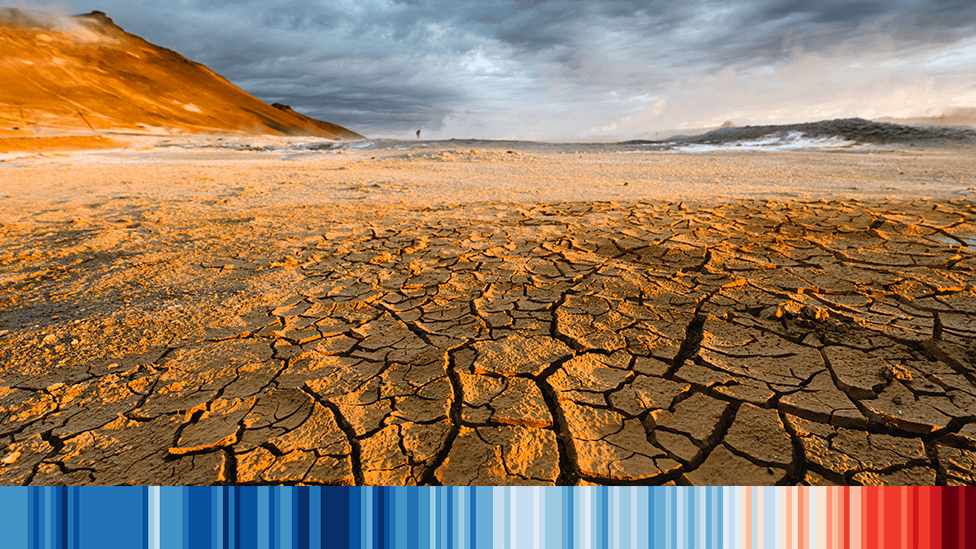Cornwall beaches give clues to global climate change impact

A rocky platform at Bream Cove near Falmouth, visited as part of the research
At a glance
A study of fossilised Cornwall beaches has provided "clues on the future of rising sea levels"
The research, by the University of Plymouth, involved scientists from the USA and Canada
Other European beaches were also studied as part of the research
It provided information on an historic period of pronounced climate warming
- Published
A study of fossilised beaches in Cornwall and other parts of Europe has given "important clues" on how climate change will impact the globe.
Scientists from the UK, USA and Canada said they were able to demonstrate for the first time how melting Antarctic ice sheets had an impact on global sea levels in the past.
The research relates to a period of "pronounced climate warming more than 100,000 years ago," experts said.
The findings, by the University of Plymouth, analysed ancient sediments from raised beaches including Bream Cove, Falmouth, Gunwalloe Beach on the Lizard peninsula and Pendower Beach on the Roseland peninsula - as well as elsewhere across western Europe.

An Antarctic ice sheet
The scientists involved believe the raised beaches could provide an invaluable insight into the local and global impacts of melting ice sheets in the future.
They are often characterised by flat surfaces, often with fossilised beach sands and stones and are typically found about 4-6 metres (13.1-19.6ft) above sea levels.
By combining new and existing data the team were able to demonstrate that the melting of the Antarctic ice sheet would have caused a rise in global sea levels of up to 5.7 (18.7ft) metres.
The researchers were also able to identify the timescale of this change as occurring between 116,000 and 129,000 years ago.
They believe the warmer polar temperatures during this interglacial period make it an "important testing ground for understanding how ice sheets respond to warming".
Dr Matt Telfer, associate professor of physical geography at the University of Plymouth and a co-author on the research, said: “The South West of England is in a very fortuitous place when it comes to understanding this process."
He added that they found "the historic changes which saw sea levels along the UK coastline rise by up to six metres can be attributed solely to the melting of Antarctic ice.”
The scientists said predictions suggest global temperatures will be 2°C warmer than pre-industrial levels by 2100, despite political agreements designed to keep the figure considerably lower.
In a report published in early 2022, the Intergovernmental Panel on Climate Change (IPCC) suggested this could lead to global sea level rises of 0.33 to 1.02 metres.
However, writing in the current study, researchers said there was significant uncertainty around the contribution of melting Antarctic ice to that figure since its fate is governed by more than warming temperatures alone.
Dr Sarah Boulton, associate professor in active and neotectonics and a co-author, said: “How much the northern and southern hemispheres have, and will, contribute to future sea-level rise is a really big question when we are trying to understand future climate change.
"This study gives us some important clues as to how that might play out.”
Follow BBC News South West on Twitter, external, Facebook, external and Instagram, external. Send your story ideas to spotlight@bbc.co.uk, external.
Related internet links
- Published5 July 2023

- Published4 July 2023

